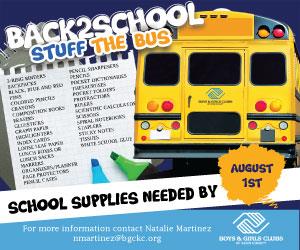Jul 24, 2023

Foster conversation: Talk through important topics in school and host conversations around key dates like quizzes or tests. Review materials together.
Allow your child to teach you: With your child as your guide, learn together. Teaching you allows your student to reframe the information.
Use all five senses: Making data as engaging as possible can make it easier to retain. Add tactile components where possible. Include taste and smell with a recipe or sample. Take turns reading aloud and add images to round out the information provided.
Try a song: Create a mnemonic device by finding a rhyme or song together.
Break down information: Make information more digestible by highlighting key facts.
Know your student: Does white noise help your child concentrate? Figure out what helps them in their environment.
Reduce distractions: Make a distraction-free zone by eliminating screens, siblings and other factors that tend to get learning off-track. Sometimes, the distraction is all that is remembered from a study session if it becomes a focal point.
Make it a game: Quiz each other for points and rewards. If your child is competitive, they may remember right answers or wrong ones can get them there through process of elimination.
Try writing the answer: The days of learning by route may be long gone but writing, saying aloud and repeating may work through repetition and working with the material in more ways than one.
Provide adequate nutrition and plenty of exercise: Lifestyle affects memory. Help create good brain health with a varied diet and at least 60 minutes of physical activity every day.
Establish a bedtime routine: Rest matters. Take breaks during studying but also revise your sleep routine. Getting plenty of sleep can aid a child’s memory. Figure out what your back-to-school schedule will look like and practice a few weeks before, leading up to the big day.









